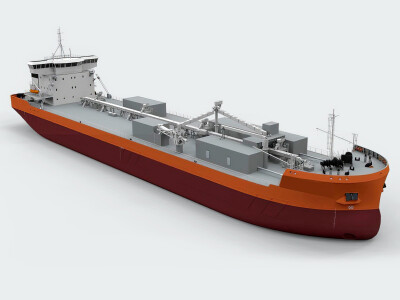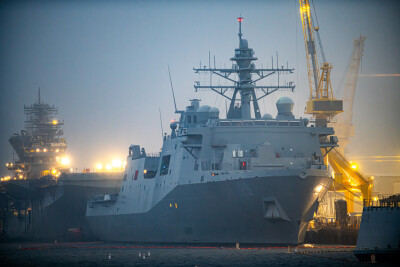They say when in command, act in command. The term master goes back to Roman times and designates the captain as the ultimate authority and last word on the ship. That’s a lot of power to wield.
There's not much that bothers me more than a master shirking his responsibilities. I once heard a master say after an incident that he wasn’t the one on watch, so it was the mate’s fault. Coming from the Navy where vast authority, great responsibility and inescapable accountability are the captain’s religion, it was difficult for me to tolerate a master of a towboat trying to tell me he wasn’t responsible. The master of a tug has the exact same responsibility as the captain of a 10,000-ton Navy cruiser. Size doesn’t matter if you are the captain.
Every so often it’s good to stop, reflect and renew your captain’s vows.
If you are the master, then three fundamental conditions must exist for you to be the captain. They are responsibility, authority and accountability. They’re a package deal. Without exception, all three are necessary to effectively command.
If you are held responsible for the boat, everyone who is onboard and the cargo, then you need the authority to do the job. The captain makes the final call and has the last word. His crew must do what he orders and the ship will go where he steers it. There aren’t many other positions in this world where you, the captain, are considered the “master after God.”
This tremendous authority makes you totally responsible. This responsibility is based on infinite trust and can’t be shared with anyone else. The mate can relieve you on watch, but he can’t relieve you of your responsibility. It’s all on your shoulders. If you can’t handle this, then you shouldn’t be the master.
This hit me my first night at sea as a ship’s captain. When I looked around, there wasn’t anybody I could hide behind to save my ship when in peril. It was a sobering and stark moment. How did you feel your first night underway as the captain?
What holds together the tradition of command is inescapable accountability. How many times do we hear people say they take full responsibility for some disaster and then nothing happens to them? No accountability. Without accountability there can be no trust from your crew, especially in times of danger. If they don’t trust you, you’re finished.
A stark example of what it means to be the captain is the collision between the USS Wasp and USS Hobson. Hobson was cut in half and in minutes the bow section sank with 176 of Hobson’s crew. Most were asleep in their bunks and never had a chance. The accountability for this accident was brutally written about in an article, “Hobson’s Choice.” The last several paragraphs nail it. The piece also has a few other things to say about the burden of command.
Renew your captain's vows today.
Sail Safe!




